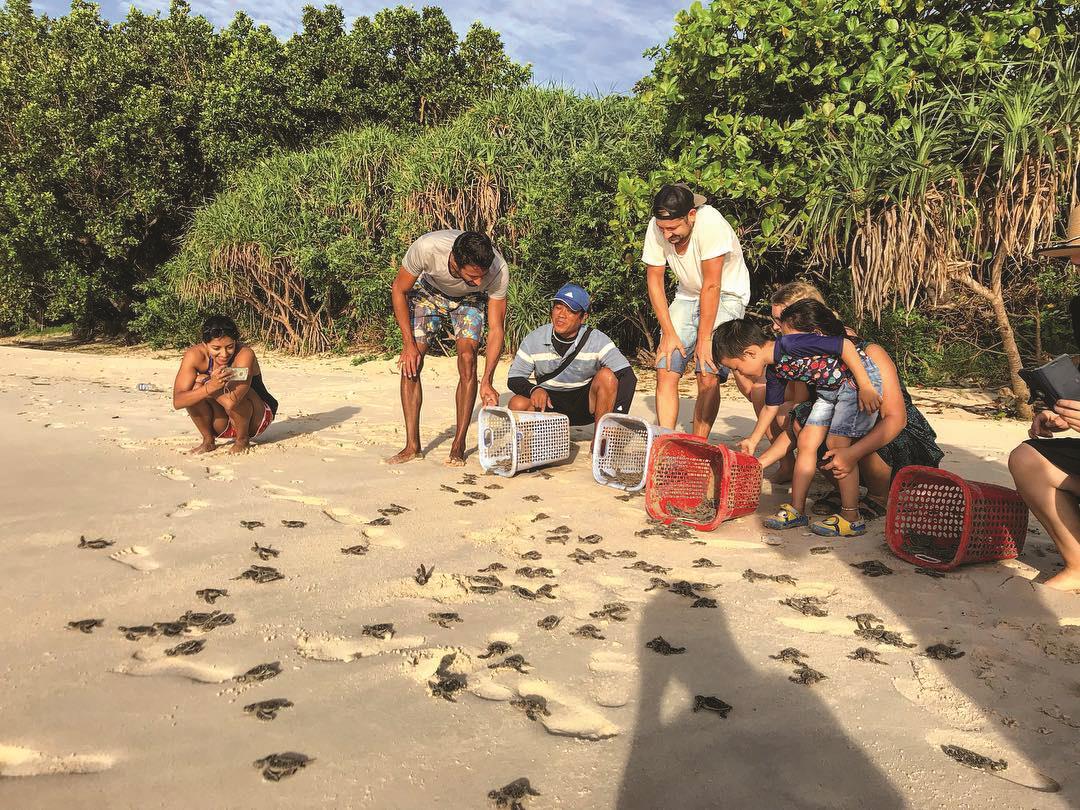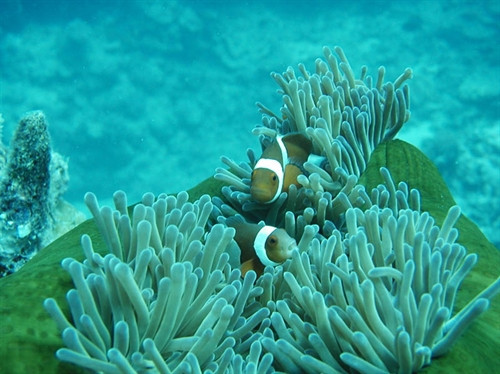



Tourism is evolving, and in 2026, Vietnam opens its doors to those seeking a slower, more genuine experience, where connections with both nature and local people become essential.
This new, human-centered Vietnam moves away from traditional tourist paths and offers a respectful and sustainable way to travel, where every step is a true encounter and an opening to the country’s rich cultural heritage.
Core Values of Humanist Tourism in Vietnam

Slow travel emphasizes taking one’s time—to observe, listen, and truly feel. Whether in the heart of a dense forest, beside a waterfall, or in a quiet village, this approach invites a deep reconnection with Vietnam’s wild nature and its diverse ecosystems, offering unique experiences day and night.
Vietnam is, above all, its people—their expertise, daily lives, and traditions. In craft villages, through participation in agricultural activities, or in local craft workshops, travelers become active participants in a living cultural exchange.
Authentic experiences come alive everywhere: from coffee and durian plantations in the Central Highlands to tropical gardens in the Mekong Delta, and traditional poultry, fish, and shrimp farming. This journey centers around immersive engagement with Vietnam’s terroir, blending hands-on work with tastings of seasonal products.
Immersion into Regions with High Potential
Central Vietnam presents itself as a haven of traditional crafts, where calm and serenity invite gentle immersion. Villages near Hue, known for weaving rush grass into baskets, silk weaving workshops, and pottery villages, all reflect a form of tourism that values heritage while respecting the natural rhythm of local life.

The Central Highlands (Tây Nguyên) remain a wild, preserved region marked by surprising climate diversity, where sun, rain, and mist can all appear in a single day. Dense forests, waterfalls, and mystical fog create an ideal setting for slow travel, featuring hiking or cycling, yoga sessions, and wellness experiences in nature-integrated resorts.

The Mekong Delta, the epitome of rural landscapes, stretches across canals, orchards, and plant craft villages, where water hyacinth weaving and leaf braiding flourish. Life here is warm and welcoming, inviting visitors to discover local crafts and traditional ways of life gently and respectfully, such as traditional fishing or tropical fruit harvesting.

Experiences Offered — For Travelers and Local Communities Alike
Agricultural Life, Nature, and Local Terroir
In Vietnam’s agricultural world, visiting coffee, durian, pepper, and avocado plantations in the Central Highlands offers travelers a tangible, vibrant connection to the land.
Seasonal harvesting and tasting tropical fruits in the Mekong region provide direct engagement with local flavors and traditions.
Practical workshops in vegetable gardens and local production spaces help visitors appreciate the technical skill and dedication of Vietnamese farmers.
Traditional animal farming is highlighted in the North, with immersive experiences in poultry farming (chickens, ducks) and participatory activities. In the Mekong Delta, visitors can explore fish and shrimp farms, accompanied by demonstrations and interactive exchanges.

Connection to Untamed Nature
Vietnam invites travelers to explore its renowned national parks in a slow and respectful manner: Cuc Phuong, Phong Nha, Bach Ma, Nam Cat Tien, Yok Don, Fansipan, and the emerging destination of Mang Den, known for its pristine beauty.
Discovering waterfalls—hidden gems in the mountainous regions of the North and the Central Highlands—combines hiking with serene moments of contemplation.

Natural Craftsmanship and Cultural Transmission
Participatory workshops in weaving villages (rush grass near Hue, water hyacinth in the Mekong), pottery, silk, and traditional painting allow visitors to create their own crafts, taking home tangible memories of local expertise.
This form of tourism directly supports artisans and fosters respect for traditional crafts and skills.

Beyond simple relaxation, stays in Con Dao and Phu Quoc offer profound reconnection between well-being, nature, and environmental commitment.
These islands, true ecological sanctuaries, have become flagship destinations for sustainable tourism. Visitors can rejuvenate in eco-resorts seamlessly integrated into nature while actively participating in marine and terrestrial conservation efforts.
In Con Dao, a significant site for sea turtle protection, visitors can observe or take part in programs to release baby turtles, collaborating with national park rangers.

In Phu Quoc, travelers can explore pristine tropical forests, learn about starfish observation in their natural habitat, or contribute to coral reef restoration projects alongside local associations.

These experiences combine personal well-being (yoga, nature walks, traditional treatments) with environmental awareness, allowing visitors to recharge while making a positive impact.
This form of rejuvenating tourism thus becomes a committed act, where every moment of relaxation is rooted in respect, preservation, and transmission of Vietnam’s island ecosystems.
Sustainable Tourism, Beneficial for All
Vietnam 2026 is betting on a form of tourism that goes far beyond simple sightseeing—it acts as a catalyst for local development. By showcasing lesser-known regions, involving communities in sharing their heritage, and respecting nature, this tourism model creates a virtuous circle.
For travelers, it offers rich, meaningful, and respectful experiences, opening doors to a deeper understanding of Asia’s human and cultural wealth today.
For local people, it brings additional income, appreciation for their skills, and preservation of their natural and cultural environment.
Final Message
These experiences require time, patience, and genuine openness. They invite travelers to discover a different Vietnam—sincere, natural, and far removed from typical tourist standards. A Vietnam that reveals its vibrant authenticity, preserved nature, and rich human connections.
Slow travel in Vietnam offers the chance to fully embrace the soul of the country—to engage with its people, immerse oneself in its landscapes, and actively participate in a form of tourism that is both sustainable and deeply human.
Vietnam 2026 — A journey that brings a human face to tourism.

